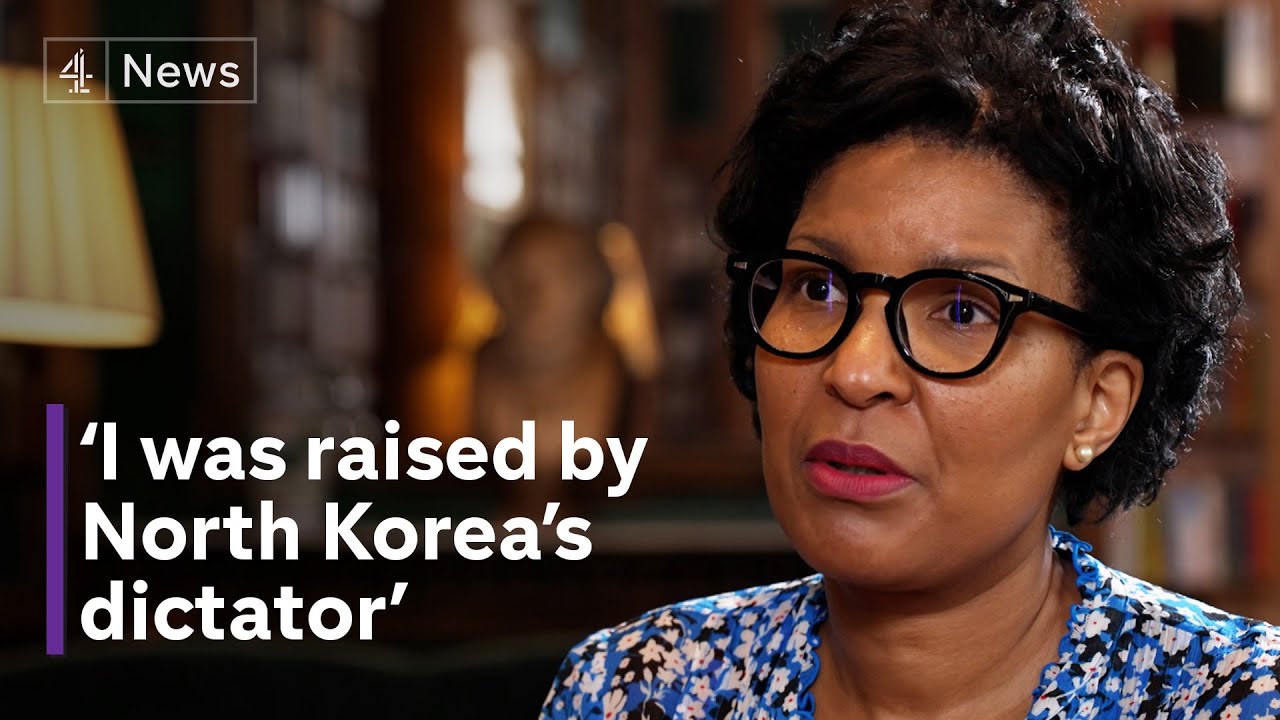Juan E. Méndez, the Special Rapporteur on Torture has been refused an official visit to Private First Class Bradley E. Manning by the US government, despite repeated requests since last December.
Mr. Manning has been in US custody since May last year and is confined to his cell at a marine corps brig for 23 hours each day. He stands accused of having passed secret government documents to Wikileaks.
Officials at the US Departments of Defense and State have agreed to a “private visit” which would include the supervision of the meeting by officials, but are unwilling to allow the senior UN official the chance to talk with Private Manning alone – a key condition to ensure that he is able to talk freely about the conditions of his detention.
The office of the Special Rapporteur on Torture states the following procedures for country visits:
Before a visit takes place, the [host] Government is asked to provide the following guarantees to the Special Rapporteur and accompanying United Nations staff:
- freedom of movement throughout the country,
- freedom of inquiry, especially in terms of access to all prisons, detention centres and places of interrogation,
- free contact with central and local authorities of all branches of government,
- free contact with representatives of NGOs, other private institutions and the media,
- confidential and unsupervised contacts, where the Special Rapporteur’s mandate so requires, with witnesses and other private individuals, including persons deprived of their liberty,
- full access to all documentary material relevant to the mandate, and
- assurances that no persons, be they officials or private individuals, who have been in contact with the Special Rapporteur will suffer threats, harassment or punishment or be subjected to judicial proceedings.
The United States is ranked alongside countries such as Libya, Turkmenistan and Cuba who have refused to comply with these conditions.
Countries who have agreed to a transparent investigation into their detention facilities and policies are; Equatorial Guinea, Kazakhstan, Uruguay, Azerbaijan, Brazil, Cameroon, Chile, China, Colombia, Georgia, Denmark, Equatorial Guinea, Indonesia, Jordan, Kenya, Mexico, Moldova, Mongolia, Nepal, Nigeria, Pakistan, Paraguay, Romania, Russian Federation, Spain, Sri Lanka, Togo, Turkey, Uzbekistan, Venezuela.
